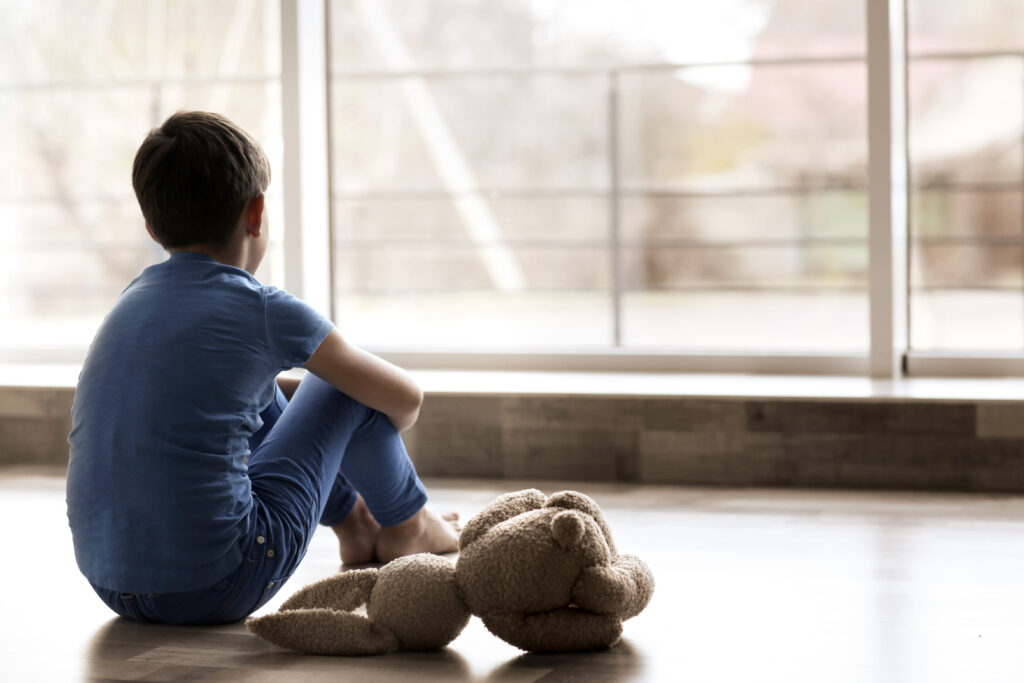
What is Depression?
All you need to know about this disease: causes, symptoms, diagnosis, and treatment.
It's up to parents to recognize depression and get their children the right care. If allowed to continue, depression will linger. Your child isn’t alone: 3 out of 100 kids between the age of 3 and 17 are diagnosed with depression.

Yes, kids can be depressed. Depression in children is persistent, and it can interfere with everyday activities, such as schoolwork, sports, social activities, and family life.
Symptoms of Depression in Kids
As a parent, it can be easy to overlook your child’s depression. Your child may not perform well at school or show no interest in something they previously loved, like a dance. Kids can be happy and chipper one day, and irritable and angry the next day.
The signs of depression can seem a lot like a moody teenager or a kid growing and changing.
If you think your child may be depressed, you’ll want to look for the following symptoms:
Children may show less interest in spending time with friends or engaging in activities that were previously enjoyed. The child may also fall into a severe depression where appetite changes, grades start to suffer, and there may be thoughts of suicide.
Every child will react to depression differently.
You may notice some of the symptoms above, or the child may hide it well. Some children can deal with depression well, but most will start exhibiting changes.
Even children under the age of 12 attempt suicide, although it’s rare.
Diagnosing depression or other disorders will often require a medical diagnosis. Typically, the disorder will be diagnosed as one of the following:
Causes of Depression
Depression can occur for several reasons, but the most serious cases include kids who come from a background of:
The same reasons that lead to adult depression lead to child depression. Kids can be depressed because of family history, biochemical disturbances, physical health, life events, stress or their environment.
Depression impacts girls who are 16 and boys who are under 10 the most.
The National Alliance on Mental Illnesses provides significant resources for Los Angeles residents and their children who have a mental illness. You’ll find:
Depression can be overcome, but it requires parents to identify and take steps to help their children. Seeking professional help rather than allowing the issue to escalate can mean the difference between depression and chronic depression.
Treatment may include a multi-pronged approach, including counseling and medication. Psychotherapy is often the first course of action, and if the depression doesn’t subside, the doctor may recommend an antidepressant.
Depression occurs at a younger age, and it can reoccur numerous times throughout a person’s life. However, treatment at a young age can help children learn to overcome their depression today and in the future.
You can also find more trusted local services in your community at www.boyleheighstresources.org or download the Boyle Heights Resources app.

All you need to know about this disease: causes, symptoms, diagnosis, and treatment.

If you feel overwhelmed for any reason, you can contact specialists in Boyle Heights. Services are also available for all ages.